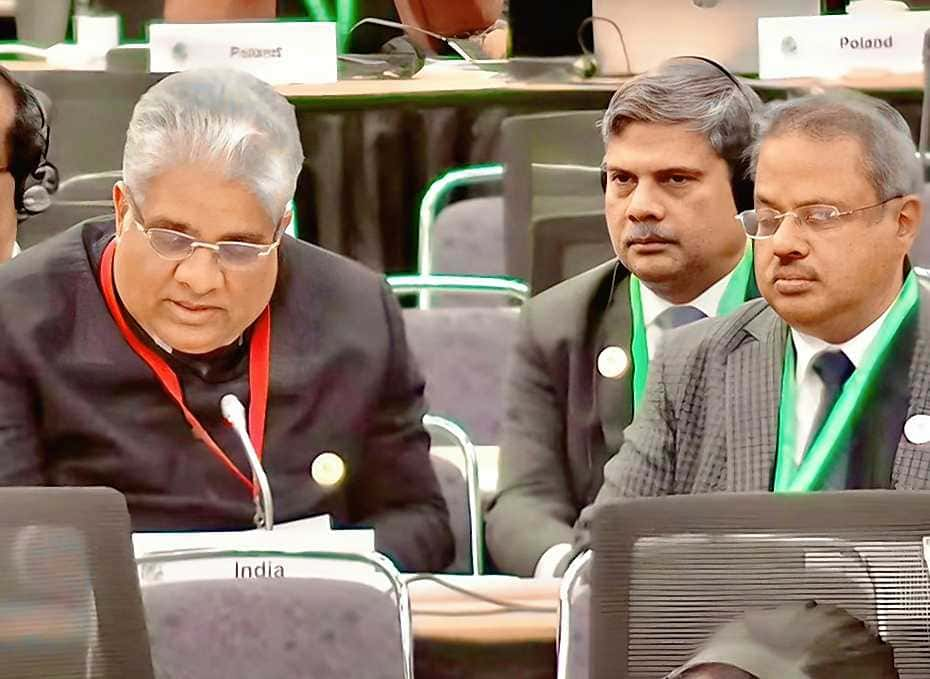Free Courses Sale ends Soon, Get It Now


Free Courses Sale ends Soon, Get It Now



Copyright infringement not intended
Context: There is an urgent need to create a new and dedicated fund to help developing countries successfully implement a post-2020 global framework to halt and reverse biodiversity loss, India has said at the U.N. biodiversity conference in Canada’s Montreal.
Details:
https://epaper.thehindu.com/Home/ShareArticle?OrgId=GHTALASJE.1&imageview=0
© 2024 iasgyan. All right reserved